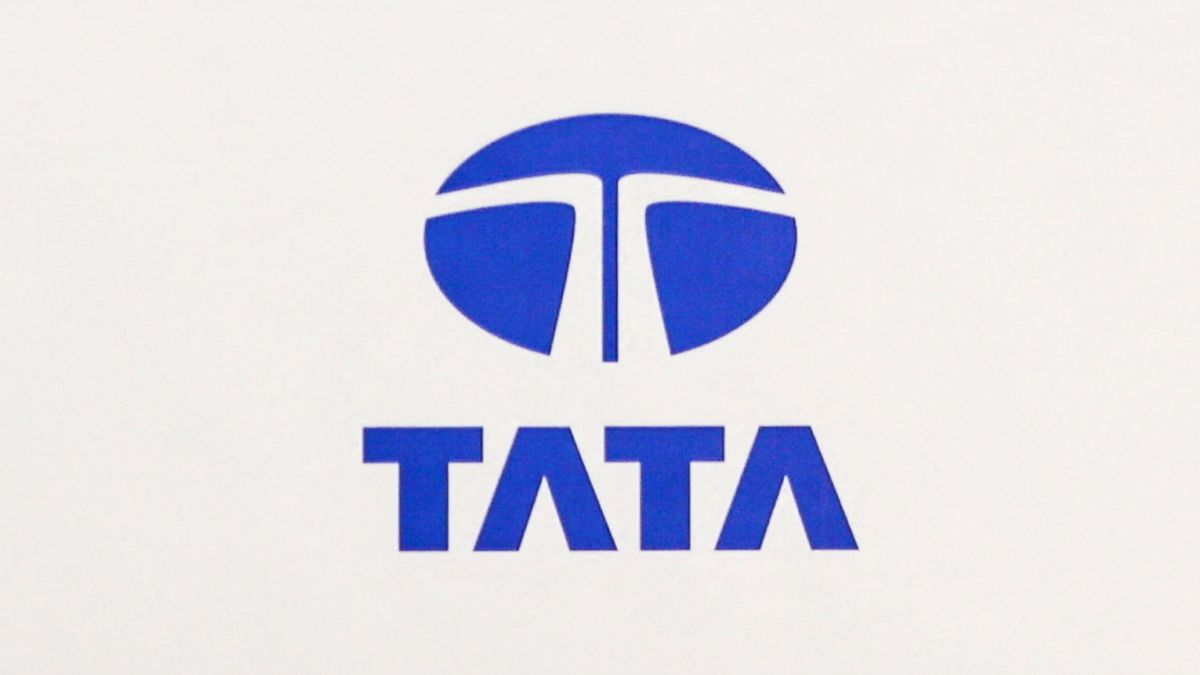Unease at Tata Trusts: Will the trustees resolve their differences?

October 9 marked the first death anniversary of Ratan Tata, the visionary industrialist and philanthropist who led the Tata Group and Tata Trusts for over two decades. Last year, Noel Tata, his half-brother, was appointed as the chairman of Tata Trusts. A year into the death of Ratan Tata, the board of the Tata Trusts finds itself divided on various matters, from board appointments to the potential listing of Tata Sons.
The directors of Tata Trusts are said to be meeting on Friday. Earlier this week, representatives of Tata Sons and Tata Trusts, including Noel Tata and N. Chandrasekaran, the chairman of Tata Sons, reportedly met Union ministers Amit Shah and Nirmala Sitharaman. The exact details of what transpired in the meeting haven’t been disclosed, but some reports indicate the government has taken note of the tensions within the board. This shouldn’t be surprising given the size and scale of the Tata Group and its importance to India’s economy.
Tata Group is among the oldest industrial groups in India, and today it has its presence in diverse sectors, from fast-moving consumer goods to software services, steel, aviation and even semiconductors.
The differences within the trustees are learnt to have been over board appointments, especially the removal of former defence secretary Vijay Singh as the nominee director from the Tata Sons board.
The Tata Trusts own 66 per cent stake in Tata Sons, which is the holding company of the vast Tata Group. In a way, the charitable trusts have a wide influence in terms of strategy and appointments.
While Noel Tata now heads the Tata Trusts, Chandrasekaran is the chairman of the Tata Group. Earlier this year, the Trusts had approved a five-year extension for Chandrasekaran, perhaps sending out a clear message about the trust they had in his leadership.
Apart from differences over board appointments, there’s the important challenge looming over Tata Sons. Reserve Bank of India’s regulations mandate that all upper-tier non-banking finance companies list within three years. Tata Sons, which is a core investment company, was one of the 15 entities that the RBI had classified as upper tier. That deadline passed on September 30.
Tata Sons has made representations to the RBI on the need to remain privately held. However, there has been no clarity yet. The belief is that a listing could open the doors for outside investors to enter the fold and perhaps even risk potential takeovers.
The biggest beneficiary of a potential listing will be the Shapoorji Pallonji Group, which holds close to 18.37 per cent stake in Tata Sons. The SP Group has been keen to sell that stake for some time now, as it will give it the much-needed funds to reduce its debts.
After the monetary policy committee meeting earlier this month, RBI Governor Sanjay Malhotra was asked about the listing mandate for Tata Sons. Malhotra said he wouldn’t comment on any specific entity, but stressed that any entity which had a registration till it was not cancelled, would continue to do its business.
Shriram Subramanian, founder and MD of InGovern Research Services, a proxy advisory firm, felt the influence of Tata Trusts would have reduced in case of a listing. He doesn’t feel anyone, barring perhaps the SP Group, is interested listing.
A source indicated that the Tatas have likely convinced the RBI on staying private and that the overhang was likely to go by the end of the year. A report also indicates that there is likely to be unanimous support for Noel Tata now.
The rift had divided the group between the trustees close to Noel Tata and those led by Mehli Mistry in the Tata Trusts. Mistry is the first cousin of the late Cyrus Mistry. The other key board trustees include Venu Srinivasan (chairman emeritus of TVS Motor Co and vice-chairman of Tata Trusts), Darius Khambata (senior lawyer), Jehangir HC Jehangir (philanthropist) and Pramit Jhaveri (banker and former Citi India CEO).
Market experts hope the Tata Trusts members resolve the issues. However, it is unlikely to have any major bearing on Tata group companies.
“I hope the trustees are able to resolve the differences and they find a path forward,” Subramanian said.
For Chandrasekaran, it is a delicate balancing act. Since being named the chairman back in 2017, he has navigated the group through the COVID-19 pandemic, overseen the acquisition of Air India and the subsequent merger of four airlines into two and the demerger of Tata Motors’ passenger vehicle and commercial business.
So far, there doesn’t seem to be any sign of trouble at Tata Sons or the listed entities of the group.
“I don’t see any impact on Tata Sons as an entity. Of course, if matters escalate at Tata Trusts, and things start influencing strategic decisions, we will have to see. But, that doesn’t seem to be the case. For now, there is no impact on the 26 listed and the other unlisted companies,” said Subramanian.
It is business as usual for now at Tata Sons and the various companies of the group. The expectation would be that the trustees in the Tata Trusts would put the group’s business interests in the forefront and resolve their differences.
Business